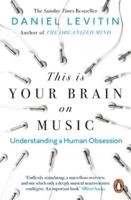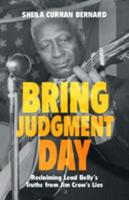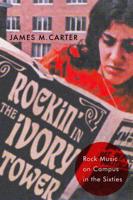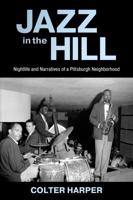Publisher's Synopsis
Original historical and analytical research into the Israeli music scene, composers as well as broader issues such as Jewish-Arab encounters, Holocaust memorialization and post-October 7th soundscapes. Does a nation's music reflect its distinctive, definable spirit and aspirations? As this wide-ranging volume demonstrates, Israel's pluralistic musical scene offers a unique crucible in which to study transcultural processes and encounters. Through the nineteen essays by established and younger scholars and musicians, what emerges is a vivid picture of a dynamic musical culture balancing regional and global tendencies. The essays touch on a wide range of classical and popular musics. Micro-histories of individual composers highlight Arnold Schoenberg's relationship to Israel, Josef Tal's and Mordecai Seter's Israeli modernism, the neglected genius of Verdina Shlonsky, and the postmodernism of Mark Kopytman and Oded Zehavi. Broader surveys address musical responses to Jewish and Arab traditions, Holocaust memorialization, satirical cabaret, prog rock, nationalistic "folk" songs, and the soundscape of a country at war since October 7, 2023. Further insight is offered in chapters devoted to composers' perspectives, including Palestinian Arab creativity, composing in a time of war, and the inspiration of the Bible. For the scholar, performer, and music lover interested in exploring new repertoire, as well as for students of Jewish and Middle Eastern culture, the volume provides an authoritative and thought-provoking account of Israeli music in its varied guises, enhancing appreciation of the aesthetic quality and significance of a still-evolving, thriving musical culture.










